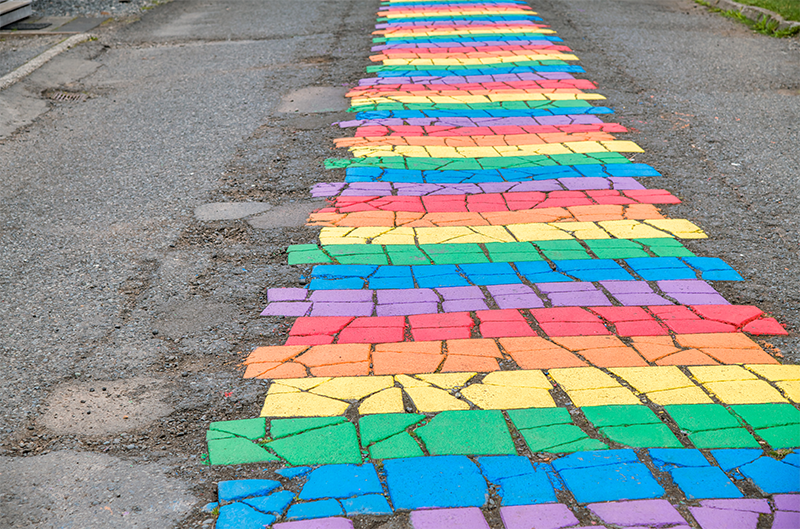Schools and colleges in Wales urged to review their support for LGBT learners

Research suggests that in many cases LGBT learners endure higher levels of bullying than their peers and can experience feelings of isolation that impact negatively on their mental health. However, as part of their effective practice report, inspectors found that LGBT learners thrive in those schools and colleges that promote an inclusive culture. These learners feel as confident as their peers to share their feelings and beliefs.
The inspectorate recommends that all schools and colleges review how well they teach diversity and inclusion and integrate these into everyday life.
Estyn’s good practice guide looks at supporting LGBT learners in schools and colleges. It finds that the best providers explore LGBT issues in lessons in a way that is appropriate to the stage of development of the learner, promote positive role models and celebrate diversity in the wider community. Their leaders and staff engage with stakeholders to gather their views and always act in the best interests of learners – championing individuality, tolerance and respect.
Meilyr Rowlands, Chief Inspector, says,
“All pupils have the right to an education free from discrimination. Schools and colleges have a duty to ensure that pupils do not face homophobic, biphobic or transphobic bullying, and to tackle any that occurs.
“We should celebrate the good practice seen in the schools and colleges in today’s report and share this widely so that all providers achieve a diverse and inclusive culture.”
The report includes case studies from schools where provision is especially good. Ysgol Gyfun Gymraeg Plasmawr in Cardiff established a Digon (Enough) pupil voice group and conducted a survey into the use of homophobic language and bullying. The school worked with the Digon group to improve pupils’ understanding of the negative impact of the use of this language. Eveswell Primary School in Newport ensures that acceptance of different sexual orientation and gender identity is taught in the same way as other protected characteristics, such as race, disability and religious belief.
Estyn has several recommendations to help schools and colleges build an inclusive culture. These include reviewing their curriculum, dealing properly with bullying, and ensuring all staff are trained in addressing discrimination and promoting diversity.